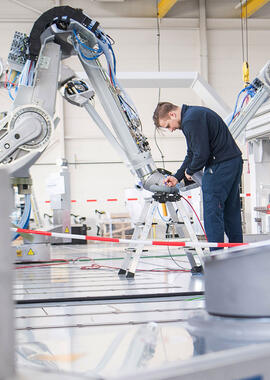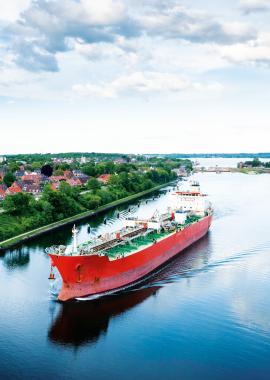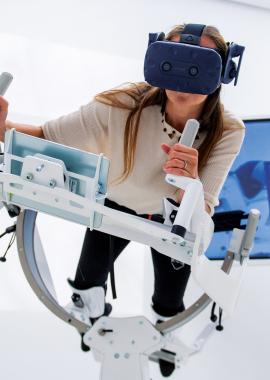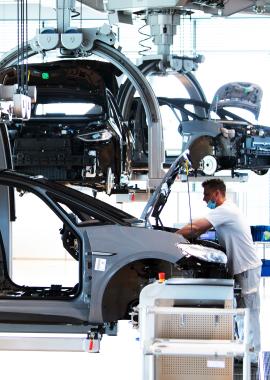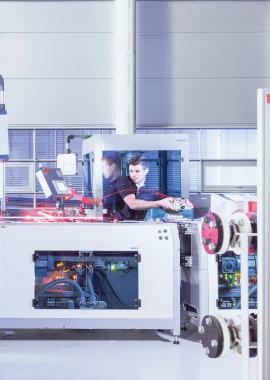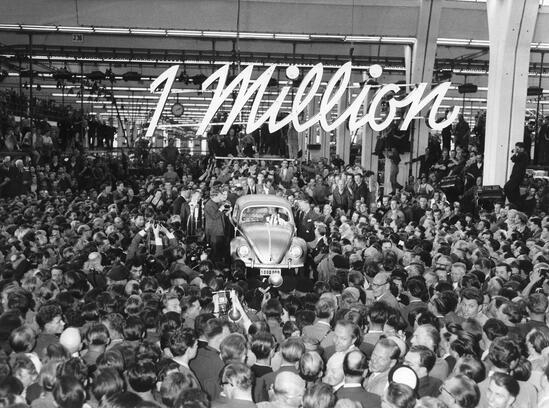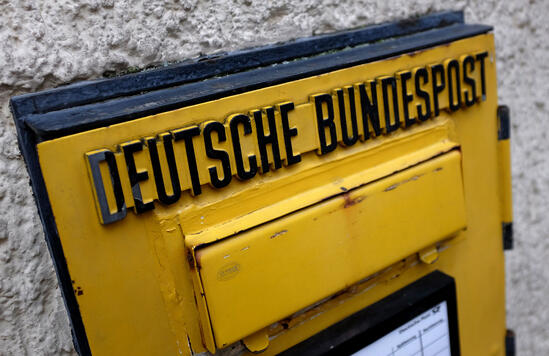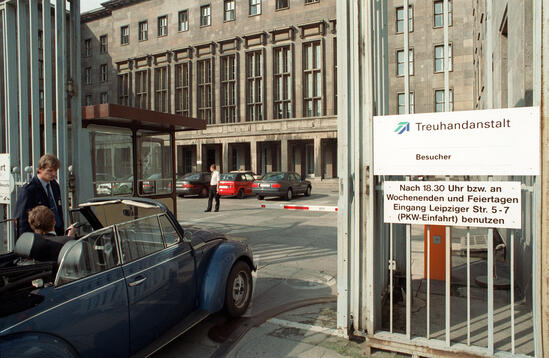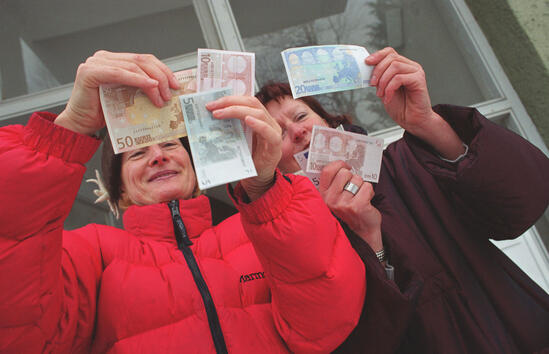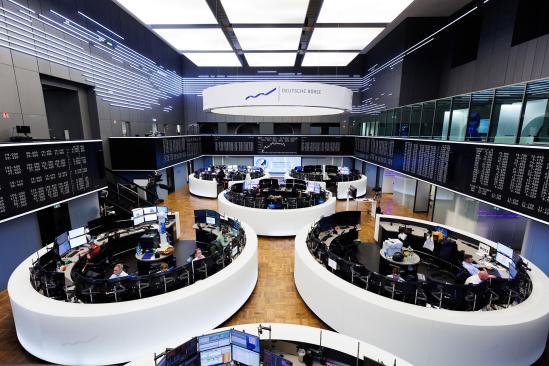Global trade partner
Germany is one of the world’s strongest economies. As an exporter, Germany is committed to free markets while also prioritising human rights protections in global trade.

Insight
Partner in the EU and worldwide
Germany is particularly strong in exports. Thanks to its numerous trade agreements, the country has secure trading relationships.
© Seventyfour/stock.adobe.com

More than 99 percent
The greatest proportion of companies in Germany form part of the “Mittelstand”, the segment consisting of small and medium-sized companies.
© auremar/stock.adobe.com
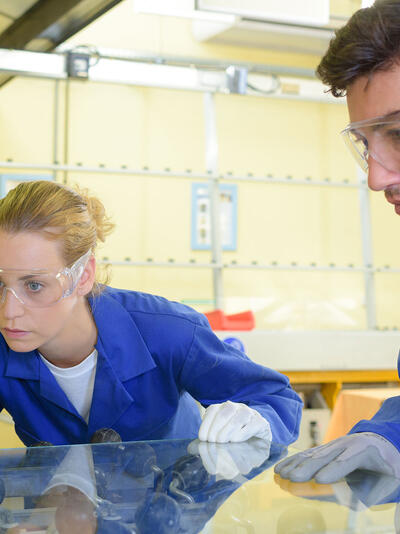
Around 25,000 patents
Germany is European champion when it comes to innovation.
€161.4 billion
The value of goods which Germany exported to the USA in 2024.
© BASF SE

Nearly 8 million employees
The number of people working for German companies abroad.
© engel.ac/stock.adobe.com

150 Chambers of Commerce Abroad
Germany is committed to open markets, fair and free trade, and vibrant commercial interaction.
Background
A modern trading nation
Germany continues to rely on its great expertise in industry whilst remaining a driver of digital progress.
Milestones
The success story of the German economy
Important milestones on Germany’s path to becoming a global player
